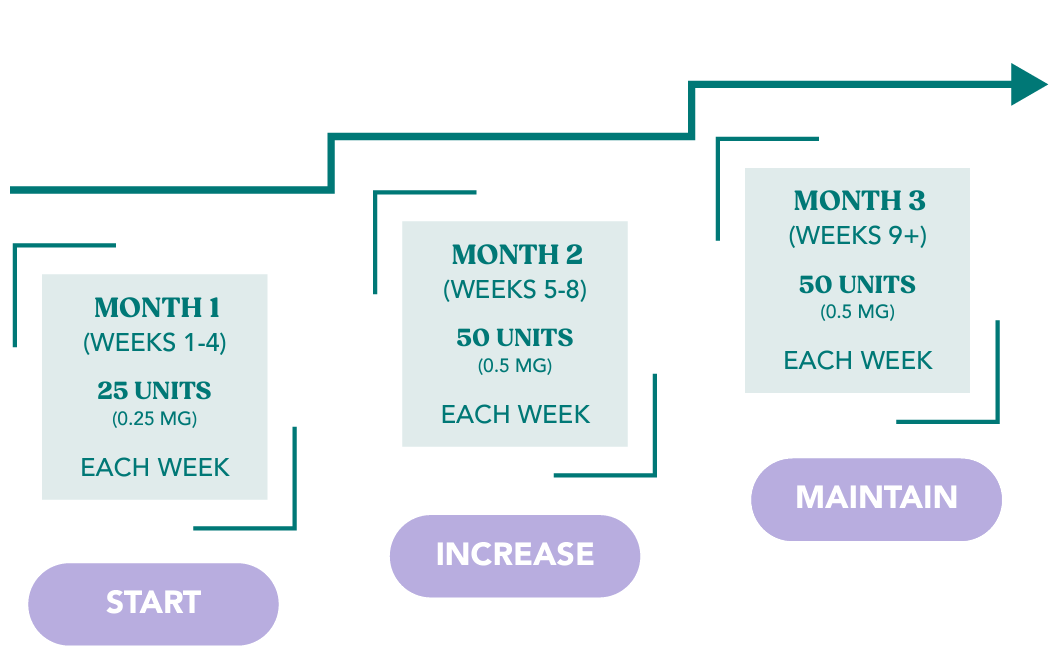Three Simple Steps to Lose Weight
How to Get a Semaglutide Prescription

Book a Visit With Our Doctor for a Consultation
Book an appointment with our physician and fill out a brief online form to help docotor get to know you, your medical background and weight loss goals.

Meet with the Doctor
At the appointment your doctor will partner with you to recommend and prescribe the most effective treatments and lifestyle changes tailored to your goals, providing personalized guidance to ensure you use the medications safely and successfully for weight loss and overall health.

Receive Your Medicine and Meal Planning
Next, your medications will be shipped directly to your home. You will also receive guidance on meal planning while taking the GLP-1. Your physician and care team will offer continuous supervision and support throughout your treatment.


















